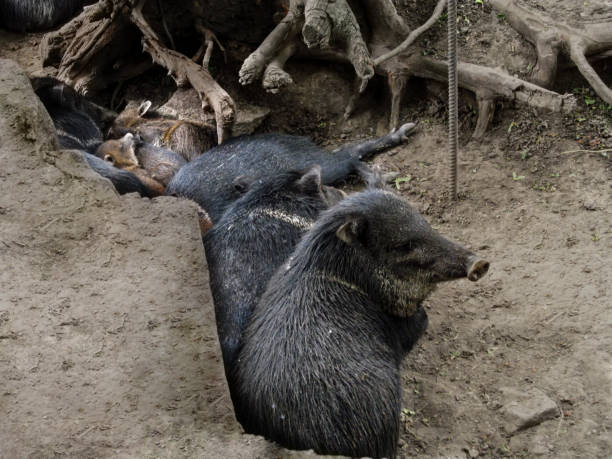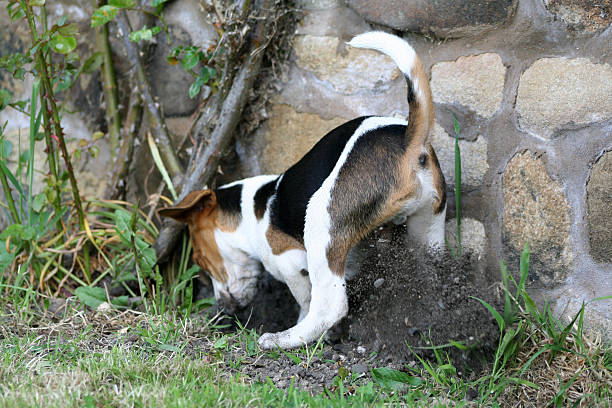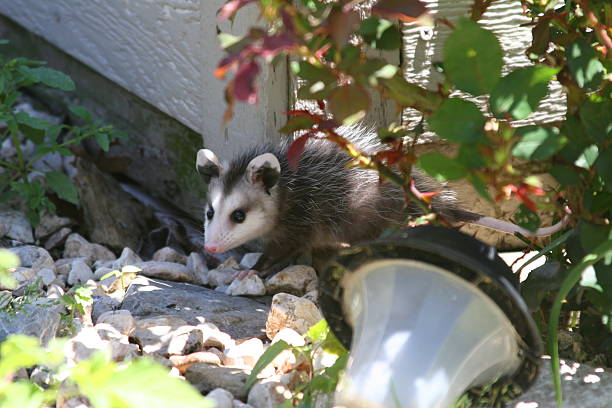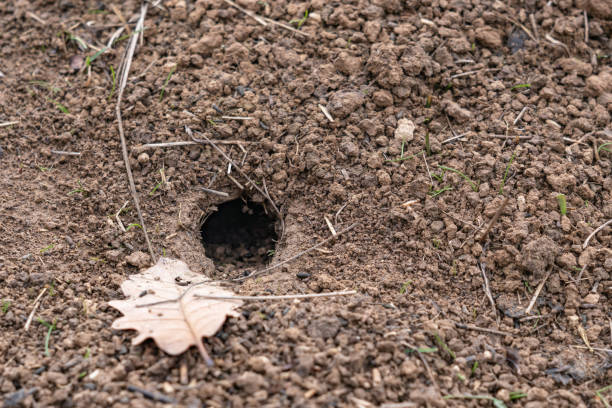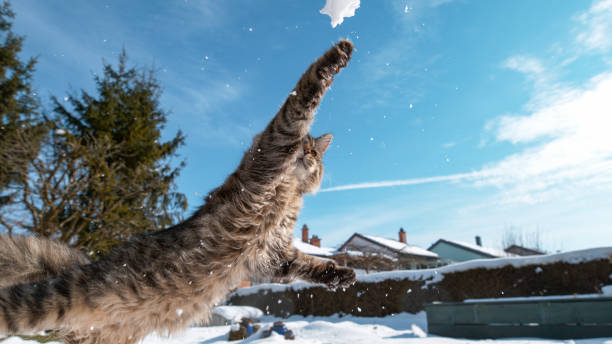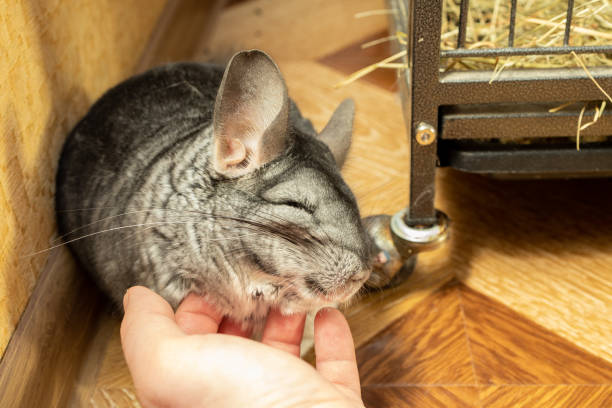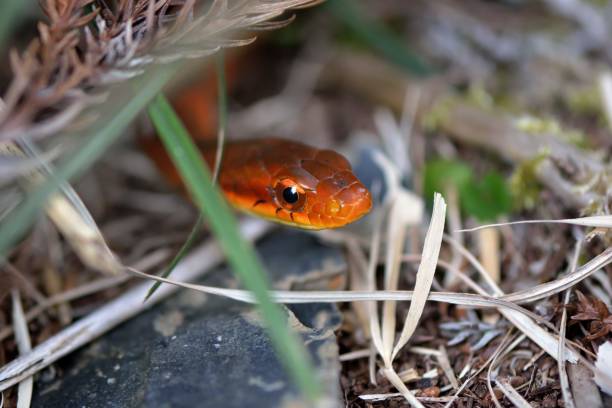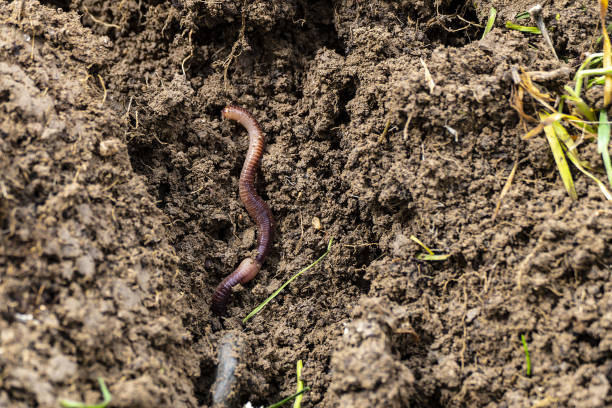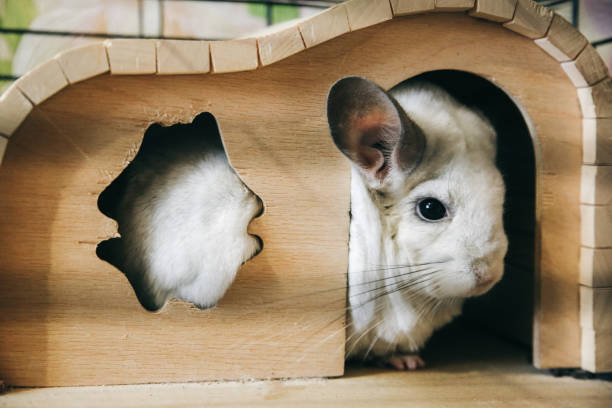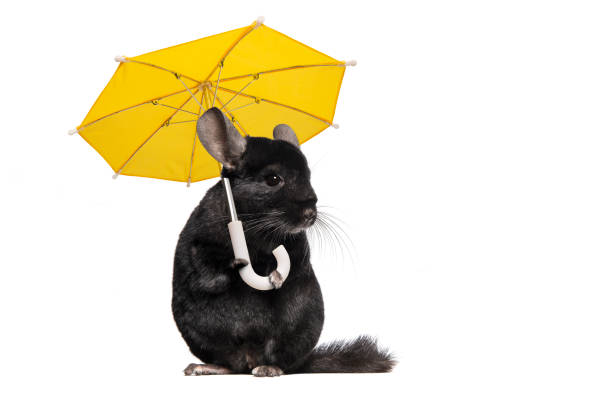Do Skunks Dig Holes in Yards?
This post contains affiliate links. This means I will make a commission at no extra cost to you should you click through and make a purchase. Read the full disclosure here.
Skunks, with their characteristic black and white fur and pungent odor, are intriguing creatures. If you have noticed holes appearing in your yard, you might be wondering if skunks are the culprits. In this article, we will delve into the behavior of skunks, their potential for yard damage, and explore various methods to prevent and deter them. So, let’s dive in and uncover the truth about skunks and their hole-digging habits.
Introduction
Skunks are native to North America and are well-known for their defensive spray, which they release when threatened. However, skunks also engage in other behaviors that can cause problems for homeowners. One such behavior is their tendency to dig holes in yards. Understanding why skunks dig holes and how to address this issue is crucial for maintaining a beautiful and intact outdoor space.
Understanding Skunks
Appearance and Behavior
Skunks are medium-sized mammals that measure around 20-30 inches in length and weigh between 7 and 14 pounds. They have distinct black fur with white stripes or spots, depending on the species. Skunks are generally nocturnal and solitary animals, preferring to stay hidden during the day and venture out at night in search of food.
Diet and Habitat
Skunks have a diverse diet that includes insects, small vertebrates, fruits, berries, and even garbage. They are adaptable creatures that can thrive in various habitats, including forests, grasslands, and urban areas. Skunks prefer areas with abundant food sources and suitable shelter, which can include the comfort of your yard.
Skunks and Yard Damage
Reasons Skunks Dig Holes
Skunks dig holes in yards for several reasons, and it’s essential to understand these motivations. One primary reason is foraging. Skunks are omnivorous and have a keen sense of smell, allowing them to detect grubs, earthworms, and other insects beneath the surface. When they locate a potential food source, they will dig up the soil to reach their prey.
Another reason skunks dig holes is for denning. Skunks may dig burrows to create dens where they can rest, give birth to their young, and seek shelter from predators or harsh weather conditions. These dens are often located in concealed areas, such as under decks, sheds, or in crawl spaces.
Identifying Skunk Holes
Identifying skunk holes in your yard is crucial for confirming their presence and taking appropriate action. Skunk holes are typically about 3-4 inches in diameter and can vary in depth, depending on their purpose. They often resemble small craters in the ground, and nearby, you may find upturned patches of grass or soil.
If you notice these signs, it’s essential to approach the situation carefully and take steps to prevent further damage while ensuring the safety of both your property and the skunks.
Prevention and Deterrence
Removing Attractants
Preventing skunks from digging holes in your yard begins with eliminating potential attractants. Skunks are drawn to food sources such as garbage, pet food left outside, fallen fruits, or compost piles. Ensuring that these attractants are properly secured or removed can significantly reduce the likelihood of skunk activity.
Securing Garbage Bins
One effective way to deter skunks is by securing your garbage bins. Skunks are opportunistic scavengers, and an easily accessible garbage bin can be an invitation for them to explore your yard. Ensure that your garbage cans have tight-fitting lids or consider using wildlife-resistant bins to prevent skunks from accessing them.
Fencing and Barriers
Installing a fence around your yard can serve as a physical barrier to deter skunks from entering. Choose a sturdy fence material that extends underground, as skunks are skilled diggers. Burying the fence at least a foot below the surface will help prevent skunks from burrowing under it.
Another option is to install barriers around potential denning areas, such as decks or sheds. Use wire mesh or hardware cloth to seal off any openings or gaps that could serve as entry points for skunks.
Non-Lethal Skunk Control Methods
Repellents and Deterrents
Using repellents and deterrents can discourage skunks from frequenting your yard. There are commercially available skunk repellents that utilize scents or tastes that skunks find unpleasant. Apply these products strategically around your yard, focusing on areas prone to skunk activity.
Natural remedies like citrus peels, vinegar, or ammonia-soaked rags can also act as deterrents. Skunks are sensitive to strong smells, and these substances can help create an unpleasant environment for them.
Motion-Activated Devices
Motion-activated devices can startle skunks and deter them from entering your yard. These devices emit loud noises, flashing lights, or even streams of water when triggered by movement. By disrupting their routine and making them feel threatened, skunks may be less likely to dig holes or establish dens in your yard.
Professional Skunk Removal
When to Call a Professional
If skunk activity persists despite your efforts, or if you prefer to leave the task to experts, it may be necessary to call a professional skunk removal service. They have the knowledge, experience, and equipment to handle skunk-related issues safely and effectively.
Humane Skunk Trapping
Professional skunk removal services often utilize humane trapping methods. Live traps are strategically placed to capture skunks without causing harm. Once trapped, the skunks can be safely transported and released in an appropriate habitat away from residential areas.
Relocation or Exclusion
Professional skunk removal services can also assess your property to identify potential entry points and recommend exclusion measures. By sealing off access points and making your yard less inviting, you can significantly reduce the chances of skunks returning.
Conclusion
Skunks are known for their unique appearance and pungent odor, but they can also cause yard damage by digging holes for foraging or denning purposes. Taking proactive steps to prevent and deter skunks is essential for maintaining the integrity of your yard and ensuring peace of mind. By removing attractants, securing garbage bins, implementing fencing and barriers, and exploring non-lethal control methods, you can minimize the risk of skunk-related issues. If needed, professional skunk removal services can provide further assistance in managing skunk populations effectively and humanely.
FAQs
How deep do skunks dig their holes?
Skunk holes can vary in depth, but they are generally shallow, typically around a few inches. The depth depends on the skunk’s purpose for digging, such as foraging or denning.
Can skunks cause structural damage to yards?
While skunks primarily dig holes in search of food or for denning purposes, their burrowing activity can potentially cause minor structural damage to yards. It’s important to address skunk holes promptly to prevent further damage.
What should I do if I encounter a skunk?
If you encounter a skunk, it’s crucial to remain calm and avoid sudden movements or loud noises. Give the skunk space and slowly back away to allow it to retreat. Skunks typically try to avoid confrontation and will likely move away on their own.
Are skunks dangerous to pets?
Skunks are generally not aggressive towards pets unless they feel threatened. However, skunks can spray if they feel cornered or attacked. It’s best to keep pets away from skunks to minimize the risk of a negative encounter.
How can I prevent skunks from returning?
To prevent skunks from returning, ensure you remove attractants like food sources and secure garbage bins. Implement fencing and barriers, use deterrents and repellents, and consider professional skunk removal services for a comprehensive and long-term solution.

